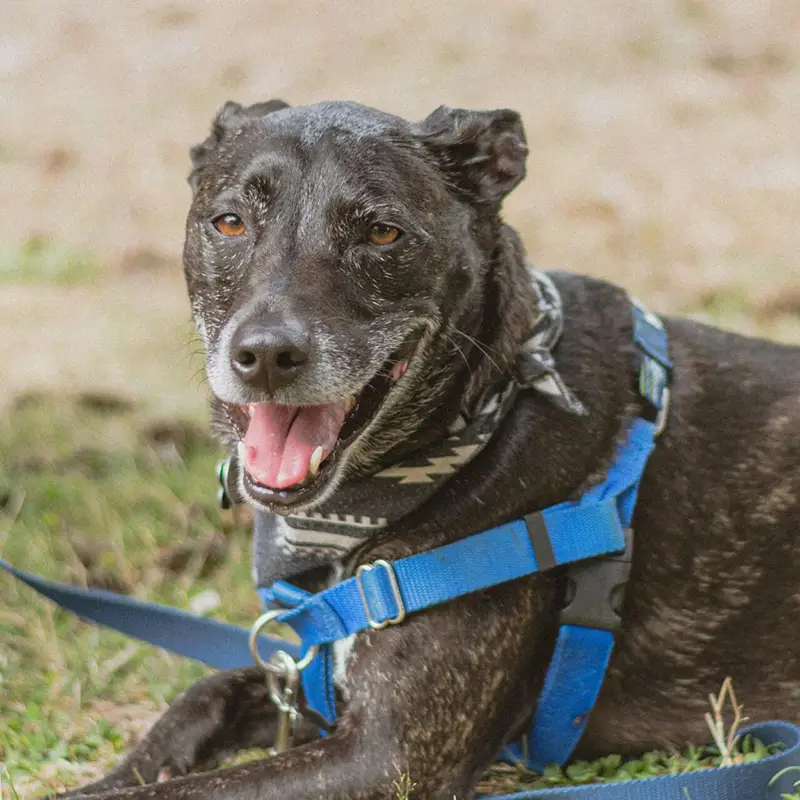The Animal Clinic is one of the few veterinary hospitals in the area offering both Orthopedic Foundation for Animals (OFA) evaluations of hips, elbows, and stifles as well as PennHIP radiographs for hip evaluation.
OFA is the traditional means of hip evaluation using the extended hip radiographic position. PennHIP is a newer method, which uses three radiographic positions to evaluate hip laxity. Hip dysplasia is an inheritable disease that is manifested by increased hip joint laxity which often leads to osteoarthritis (OA). Hip joint evaluation is an important test for breeders to monitor their breeding program and to use as a screening test prior to breeding.
Canine hip dysplasia (CHD) is a degenerative, developmental condition that can lead to painful hip osteoarthritis, stiffness, and diminished quality of life. Many dogs will be affected by osteoarthritis, pain and lameness, costing owners and breeders millions of dollars in veterinary care, shortened work productivity and reduced performance. CHD is most common in large breed dogs, but it is also prevalent in small breed dogs and cats.
CHD is the most commonly inherited orthopedic disease in dogs and is caused by many different genes. The development of Canine Hip Dysplasia is also affected by environmental factors such as age and weight. While there are no medical or surgical cures for CHD, there are certain procedures and treatment options to lessen the pain and discomfort of CHD and help improve the quality of your pet’s life.
For more information on our Orthopedic Foundation for Animals (OFA) and PennHIP services, or to schedule an evaluation, contact The Animal Clinic today.



